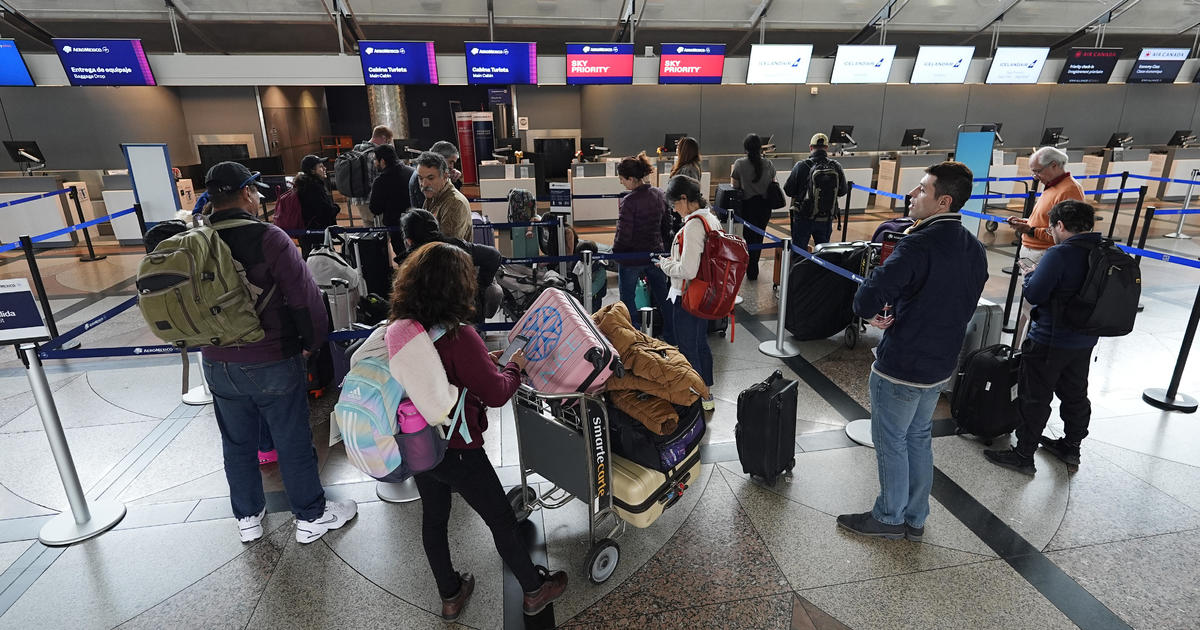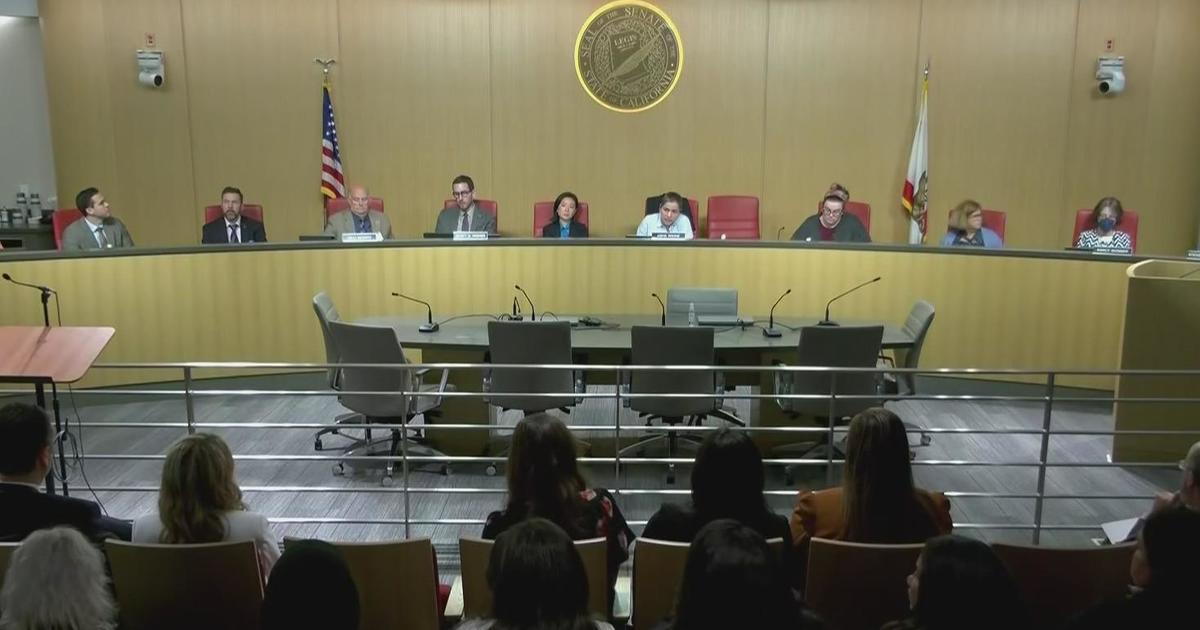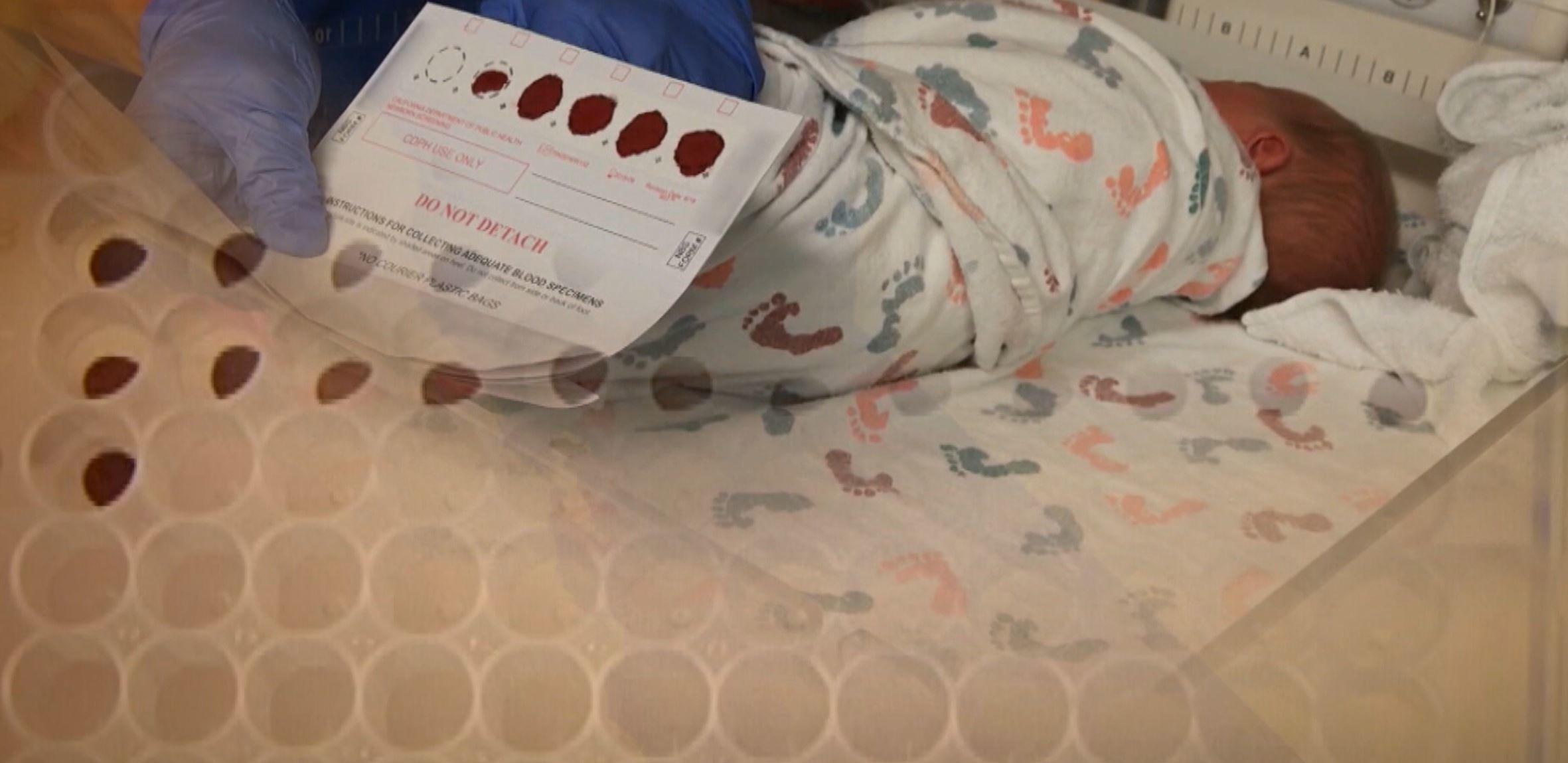Fewer Potty Watches Bring More Results For California Prisons
SACRAMENTO, Calif. (AP) - California prison officials are reducing the number of times they use a procedure known as "potty watches" and are getting better results, according to an inspector general's report released Wednesday.
The process is used to recover drugs, weapons, cellphones and other contraband that inmates are believed to have swallowed or concealed in body cavities.
Suspected smugglers are put in isolation cells with their hands chained and sometimes covered in "hand isolation devices" similar to oven mitts. Their clothing is taped shut to keep them from reaching body cavities. They remain there for at least 72 hours or until they complete at least three bowel movements.
The Associated Press reported in July that California's procedures go far beyond other large states, which keep suspected smugglers isolated for shorter periods of time without using restraints. The AP found that something was recovered from about four out of 10 California inmates, which critics say is too low a percentage for the hardship involved.
Corrections Secretary Jeffrey Beard defended the procedure as necessary to determine if inmates are concealing dangerous contraband, but he said then that the department had reduced the number of watches in recent years and was exploring whether scanning technology could one day replace them. The department standardized its policy in 2012, leading to closer oversight and more consistent use of the watches statewide, Corrections spokesman Jeffrey Callison said Wednesday.
The corrections department appears to be more careful in deciding when to use the procedure, is keeping inmates restrained for shorter periods of time and is getting more frequent results, the state inspector general reported.
The 155 watches during the first half of the year were down at least about 20 percent and as much as nearly 50 percent from the four previous six-month reporting periods.
Contraband was recovered in 44 percent of cases, slightly higher than in previous years. But for inmates isolated and restrained longer than three days, contraband was found 90 percent of the time, up from 47 percent during the second half of 2014.
"The increase suggests the department has become more careful in determining when to keep an inmate on contraband surveillance watch for longer than 72 hours and is doing so only when there is sufficient probable cause to justify the extended watch," Inspector General Robert Barton reported.
The duration of the watches also decreased, and for the first time in 2 ½ years no inmate was on potty watch for more than nine days.
Previously, watches have lasted two weeks and longer, and one lasted 52 days in 2013 before the inmate was transferred to a psychiatric hospital.
"This signifies positive progress in the curtailment of lengthy watches," according to the report.
Other highlights:
- The department is drafting a new policy to take effect Oct. 31 allowing it to suspend or revoke correctional officers' department-issued off-duty concealed weapons permits if an officer is found to have used a firearm inappropriately while under the influence of alcohol or medication. The policy follows the inspector general's report in March on seven off-duty prison guards brandishing or carrying firearms while intoxicated.
- Nearly half of incidents where guards used force in the last half of 2014 involved mentally ill inmates, who make up less than 30 percent of the prison population. However, "it appears there is an effort to use physical restraint on mentally ill inmates, as opposed to more severe use-of-force methods" like batons, foam-tipped projectiles and deadly force, the report says.
Copyright 2015 The Associated Press.



